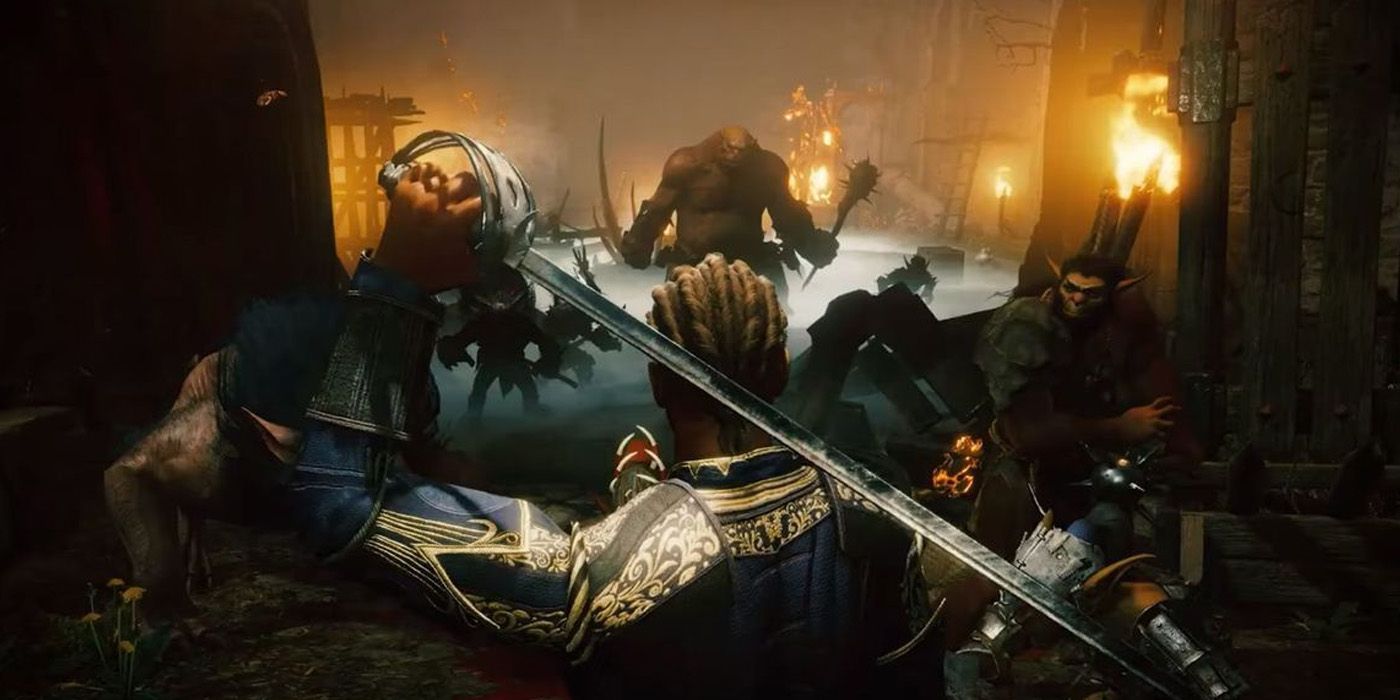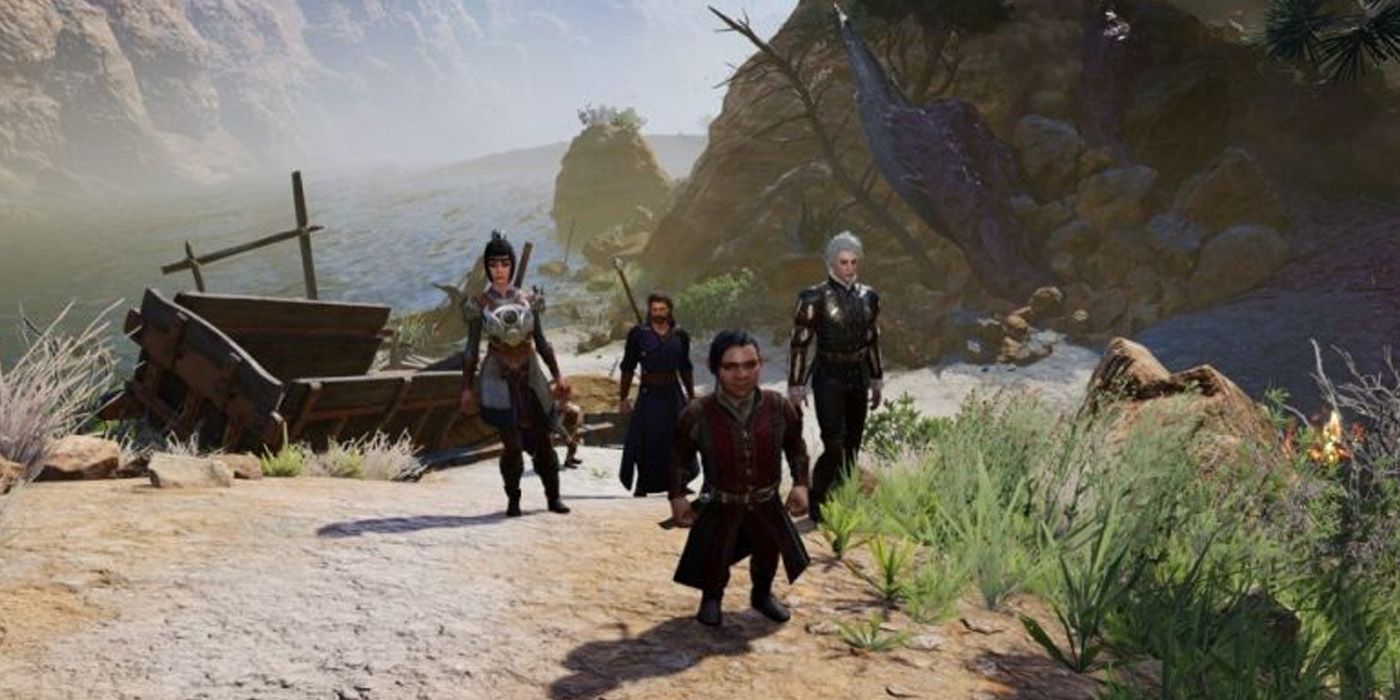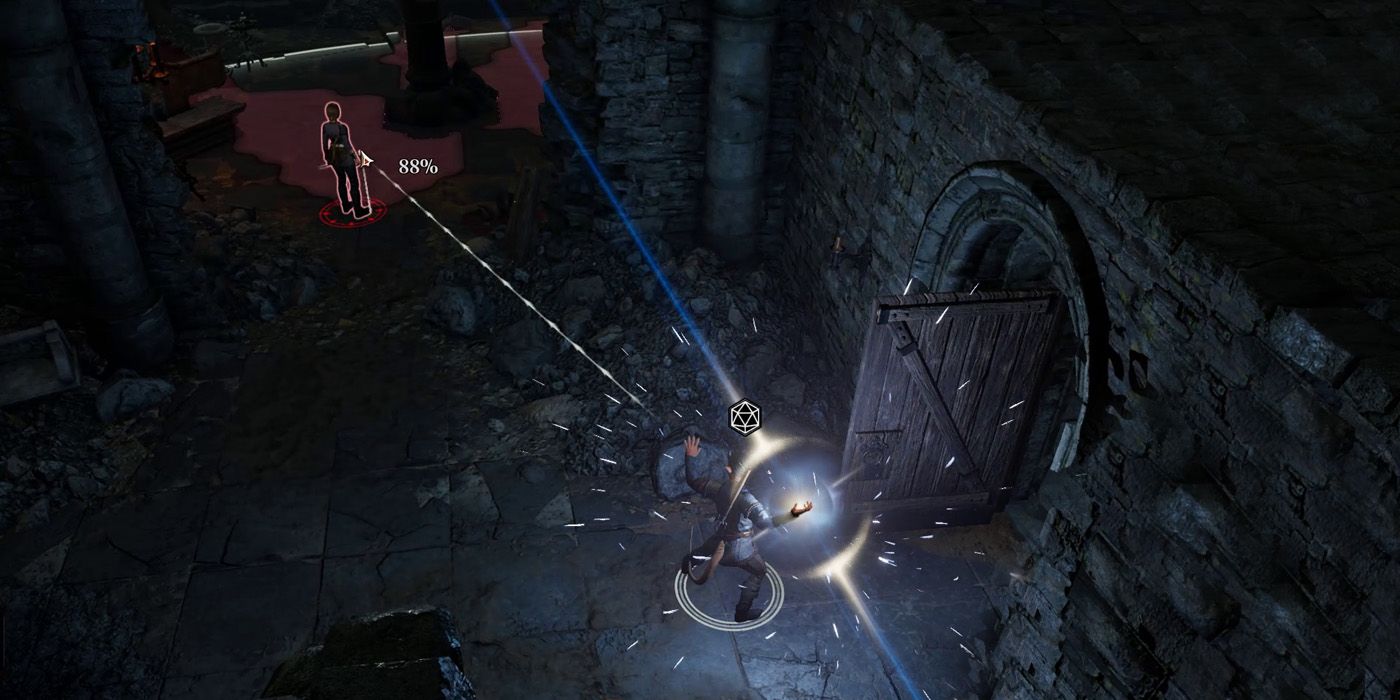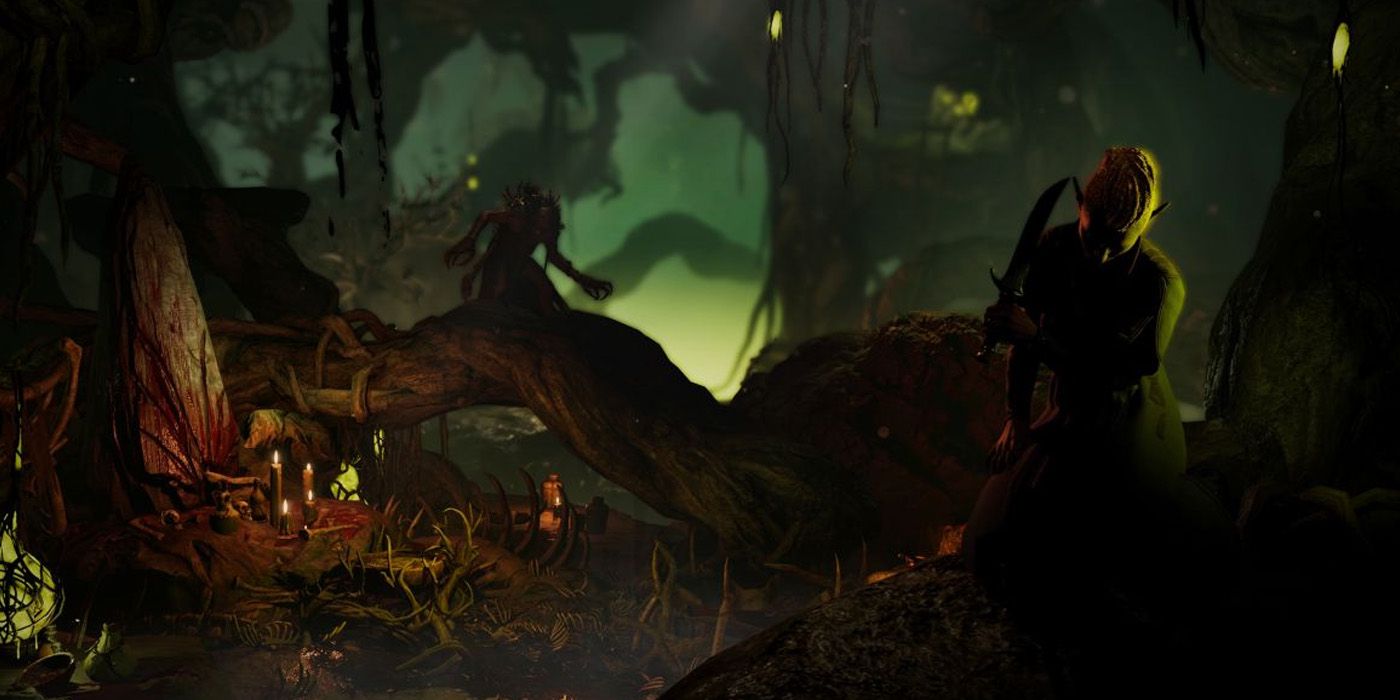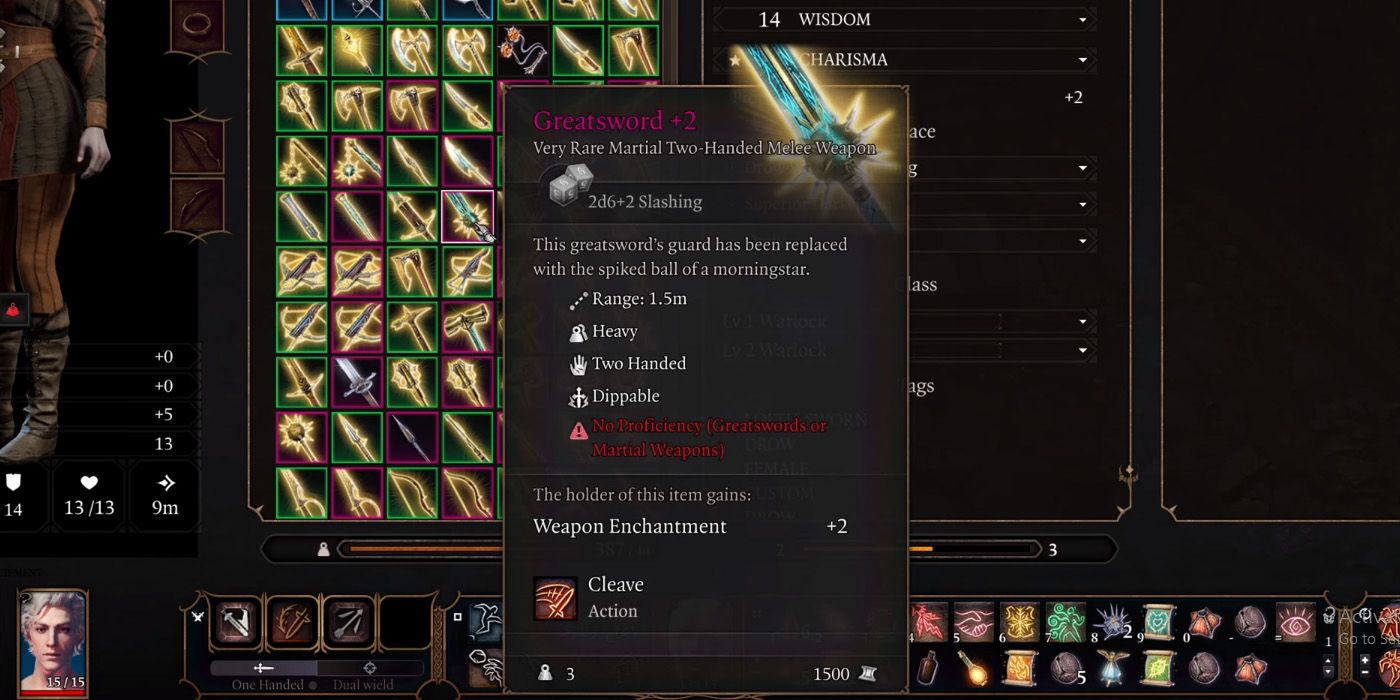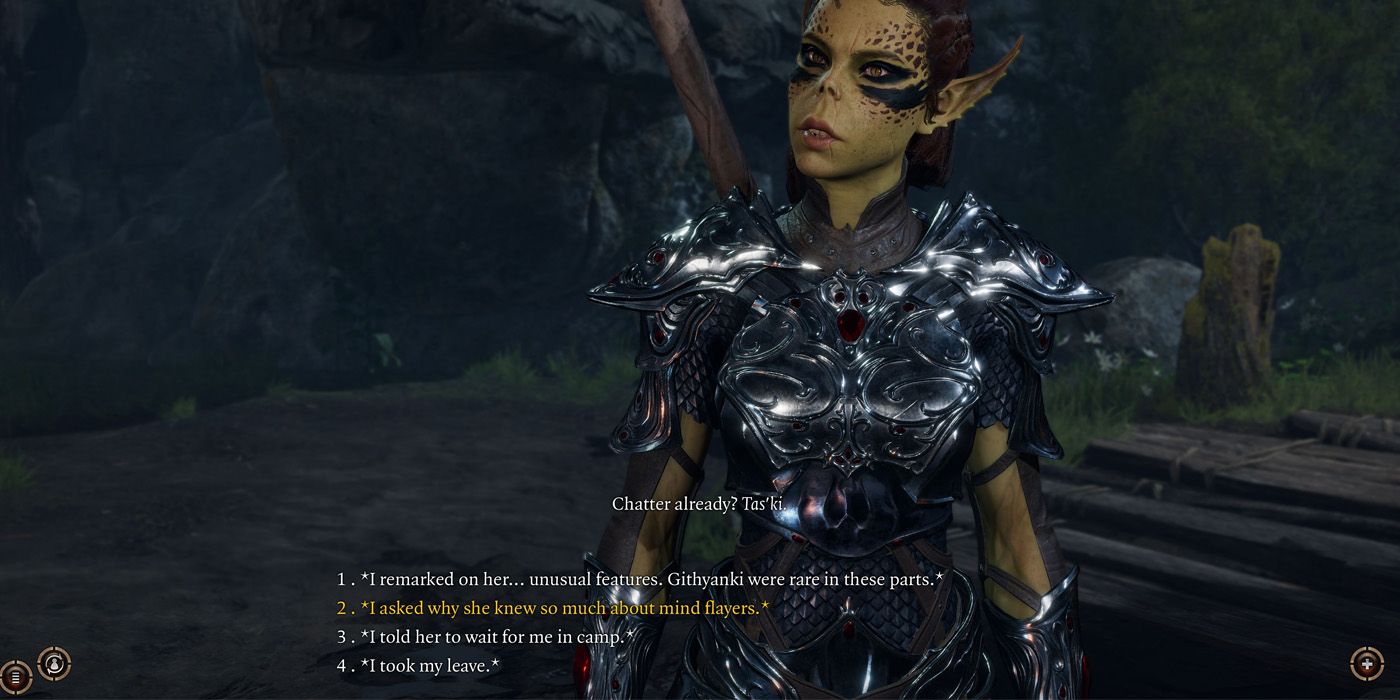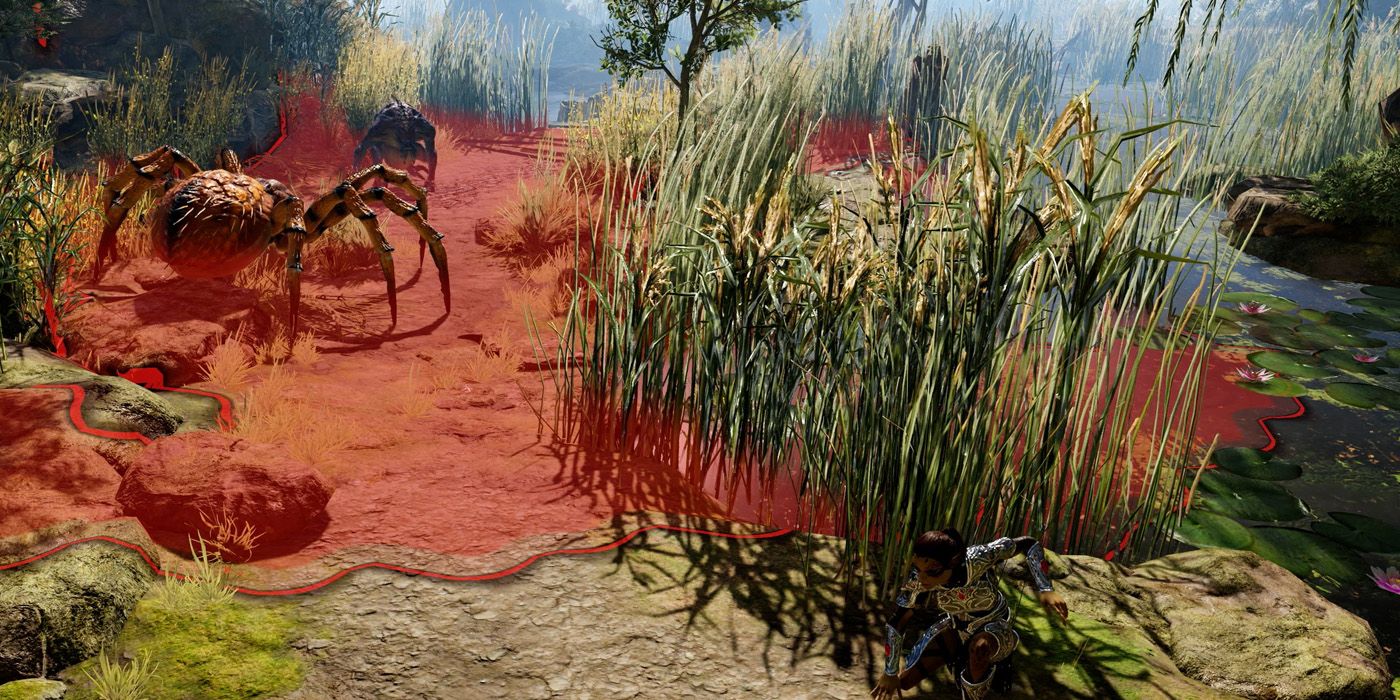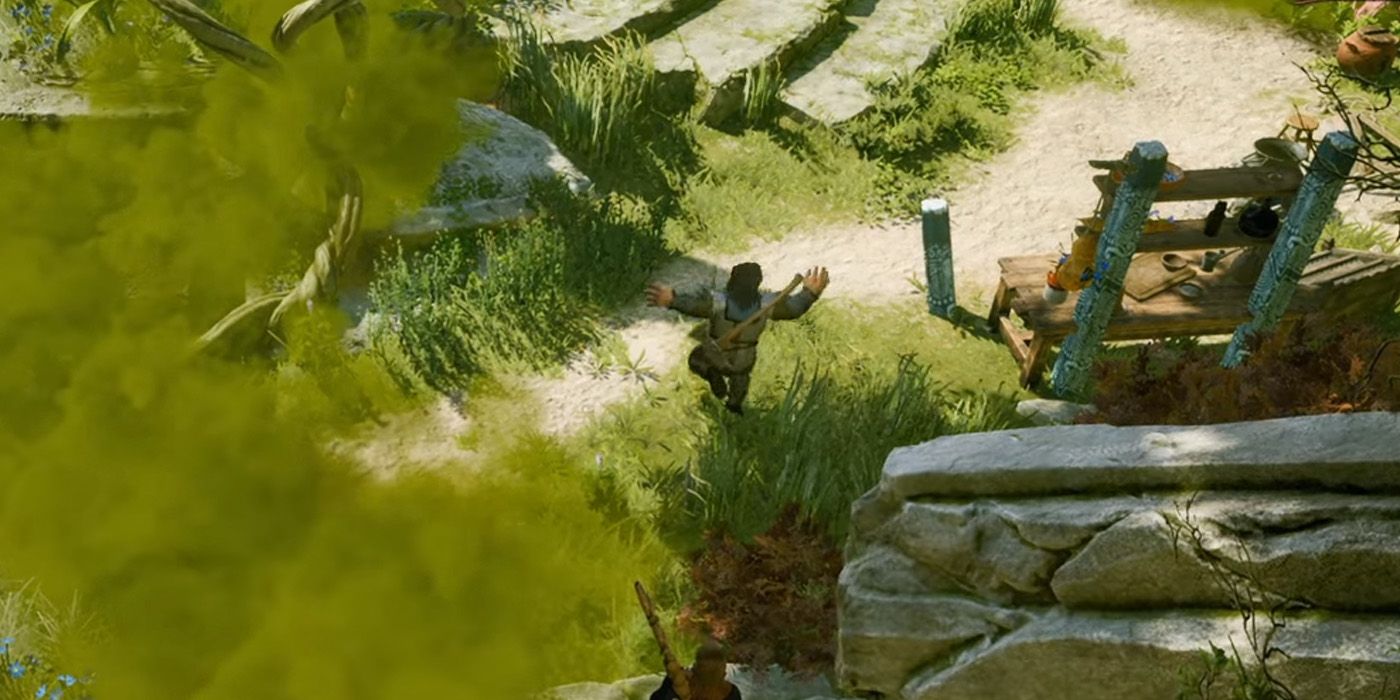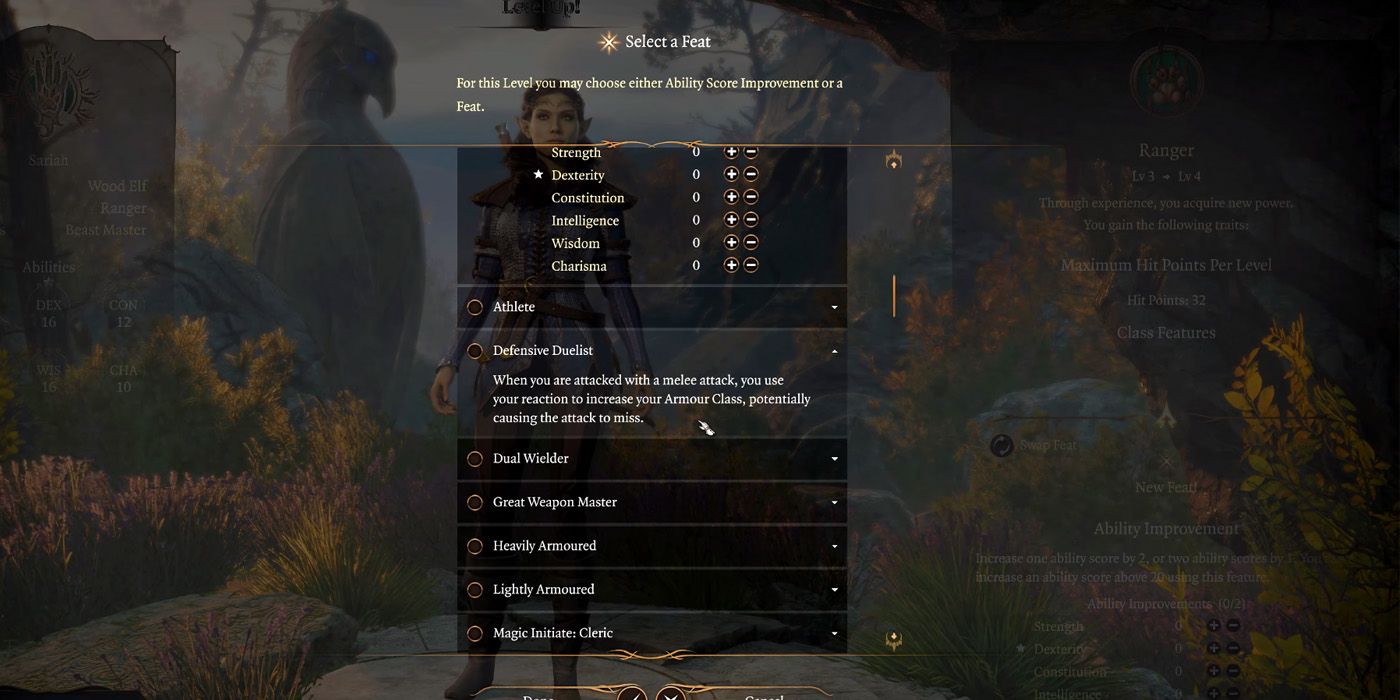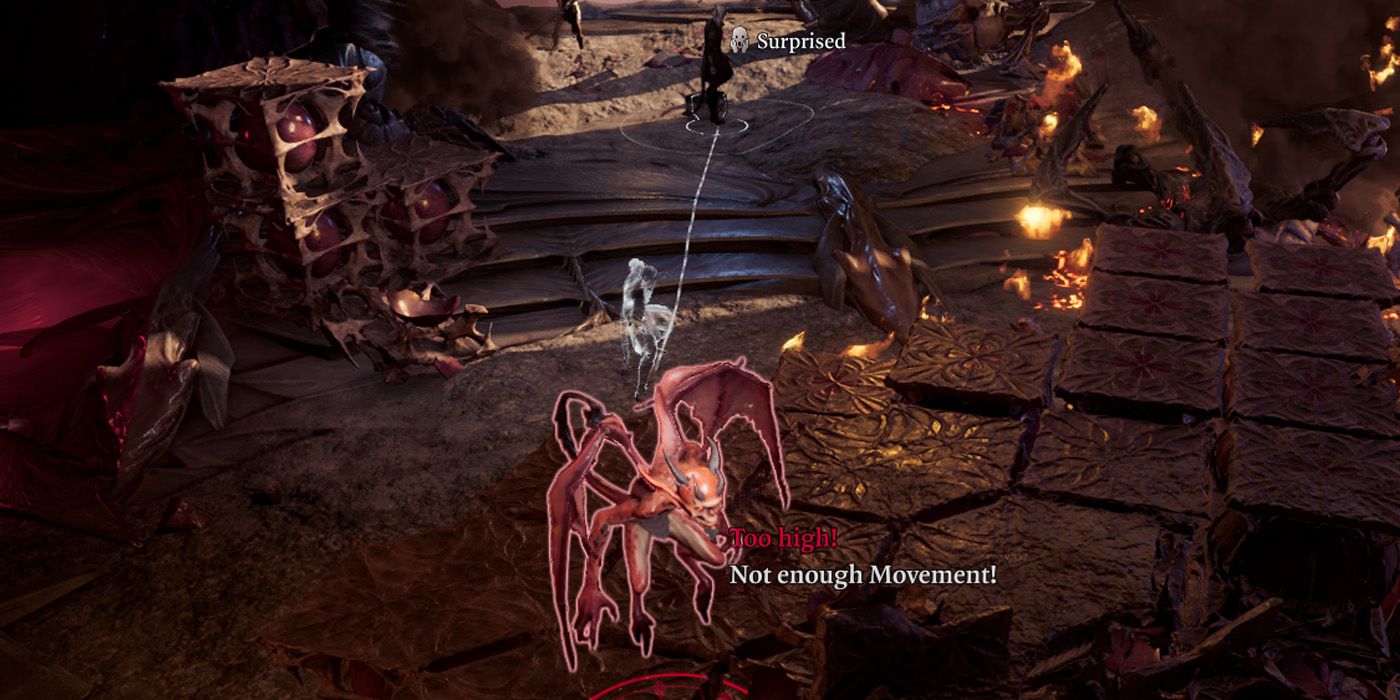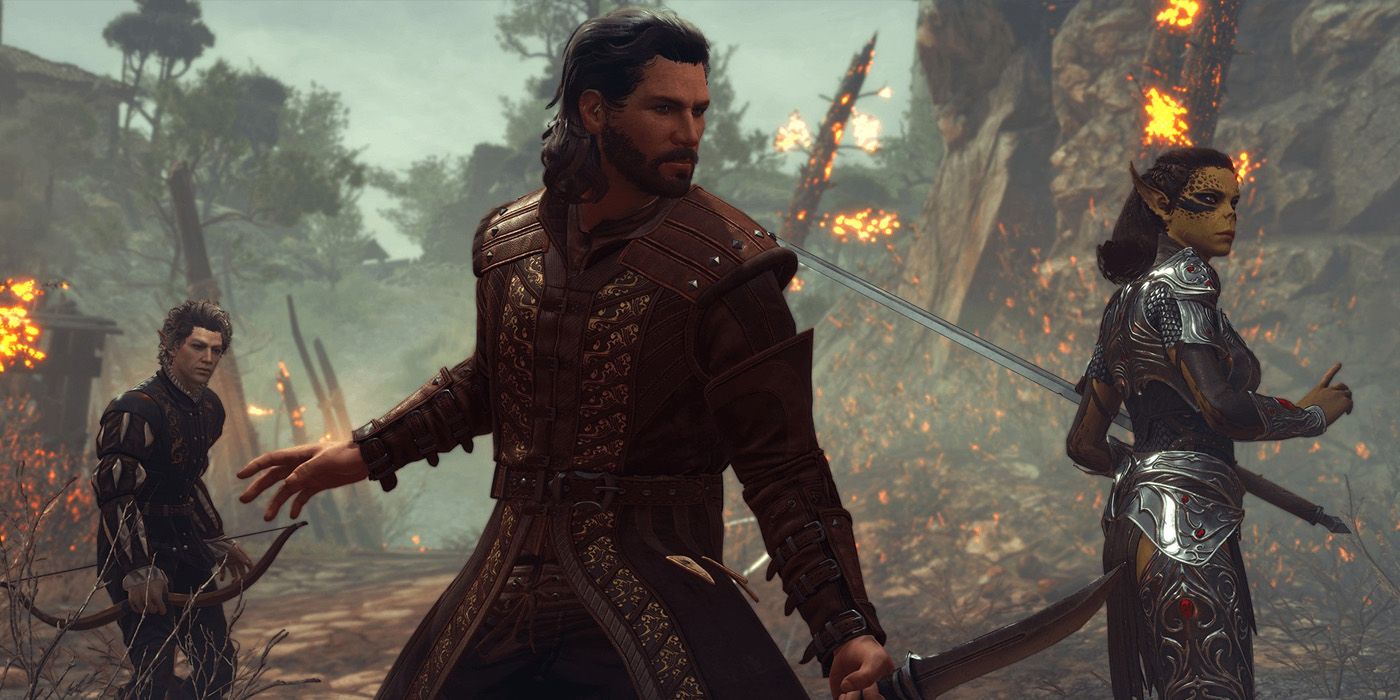Fans of Dungeons & Dragons can finally see their D&D fantasies take shape in Baldur's Gate 3. Given Larian Studios' success with Divinity: Original Sin, fans may play knowing Larian Studios takes its player's agency extremely seriously. Like Original Sin, BG3 gives players a lot of freedom in their choices. However, the game does reward players who maximize their environments and their builds.
Players with the right builds can take on opponents in combat much easier, and some players may not even need to fight opponents at all with their charm. Unfortunately, players may realize these knick-knacks when it's too late into the game. In turn, players need to be wary of their builds as early as Character Creation. What mistakes should players avoid when making their characters in Baldur's Gate 3?
Don't Forget An Archetype
When creating a BG3 character, players should take note of what kind of "archetype" they want to fulfill. This archetype can be any kind of character - the point here is to ensure players remain consistent with their builds. For instance, players who want to use powerful healing spells might want to make a Cleric.
Likewise, sticking to an archetype allows players to choose an Origin or Background later on. For instance, players who want a stealthy character will likely choose Criminal, as it adds Proficiency to Deception (DEX) and Stealth (DEX), two Skills that Rogues, arguably the best D&D stealth class, rely on.
Don't Forget To Consider Complexity
While D&D tries to make its Classes as balanced as possible, certain Class archetypes do come with inherent considerations. For instance, the Fighter is easily the most-recommended beginner Class as they're extremely straightforward and flexible. If they follow D&D 5e rules, Fighters get the most chances to undergo Ability Score Improvements (ASIs) or Feats in the game. However, they do lack some options in terms of spells.
Spellcasters such as the Wizard and Cleric get a ton of Spells to cast. However, they come with a limited Spell Slot pool as well as a tendency to become glass cannons - requiring melee support. These considerations make certain Classes inherently easier to manipulate or harder to control.
Don't Forget To Maximize Skill Proficiencies
Mechanically-speaking, players should start considering Options that allow them to get as much Skill Proficiencies as possible that fit their theme or archetype.
For instance, since Rogues rely on DEX, players need to ensure their characters also use DEX-based Skills - these include Acrobatics, Sleight Of Hand, Stealth, and even add Deception (CHA) for flavor. In terms of Origins/Backgrounds, these easily fit the Charlatan (Deception, Sleight of Hand), Criminal (Deception, Stealth), or the Urchin (Sleight of Hand, Stealth).
However, players should also look into available Races/Subraces. After all, the Wood Elf, the Wood Half-Elf, and the Lightfoot Halfling also offer Stealth as a free Proficiency. As such, the Lightfood Halfling Charlatan Rogue gets all of the above skills except Acrobatics.
Don't Forget To Maximize Weapon, Armor Proficiencies
Aside from maximizing Skill Proficiencies, players should create characters with as much Weapon and Armor Proficiencies for their characters. In turn, these Proficiencies should enable any Class such as a Cleric to use powerful equipment without compromising their combat abilities.
For instance, Warlocks get Proficiencies in Light Armor and Simple Weapons, usually confining them to robes, daggers, or even quarterstaves. In that case, a Warlock can get better melee options as a Dwarf (e.g., Battleaxe, Handaxe). Meanwhile, they get better-ranged options as a Drow (e.g. Hand Crossbow).
An Elf grants Proficiency to Longswords, Shortswords, Longbows, and Shortbows - potentially granting any physical attack-lacking Class like a Warlock the chance to duke it out without Spells if needed.
Don't Neglect Interpersonal Skills
Nothing remains more satisfying than getting that right combo and eliminating the opponent with the most damage, right? However, players might want to consider leveraging on their roleplaying potential as well. For instance, the right Skills can give incredible insights on NPC conversations - and may even stop battle from occurring.
Players should pick Character Options (e.g., Backgrounds, Races, Classes) that give them Proficiency in Charisma (CHA) or Wisdom (WIS) Skills. Persuasion and Intimidation allow characters to kindly or forcefully direct conversations to certain outcomes. Meanwhile, Deception works best to conduct and detect subterfuge, while Insight can give extra information on a situation.
Don't Forget About Knowledge Skills
As D&D doesn't have to use graphics to show backgrounds, players rely on what the DM tells them to process information. However, the DM also relies on players to ask the right questions, and for their characters to be knowledgeable enough to understand their answers. Thanks to BG3, players no longer need observation Skills as everything that is happening is already in the background, right?
Elements such as conversation or even surveying the environment in BG3 still require certain Skills to glean better insights - these include discovering treasures or opening better dialogue options. As such, characters should have knowledge Skills that help them interpret this information. Arcana, Religion, and History all give characters a suitable knowledge-base on lore. Meanwhile, Medicine, Nature, and Survival may help characters in life-or-death situations.
Don't Forget STR, DEX Outside Combat
Fans with a penchant for melee classes like the Fighter, Rogue, and Ranger know that their Strength (STR) and Dexterity (DEX) Abilities matter greatly in combat. After all, Fighters need STR to pull off strong melee attacks. Meanwhile, Rangers need their DEX to hit enemies from afar, while Rogues also need DEX for powerful Sneak Attacks. Interestingly, BG3 also ensures that players can use these Abilities outside of combat.
For instance, Athletics (STR) and Acrobatics (DEX) improve a character's ability to swim, jump, climb, and even become nimble whenever necessary - important for navigation environments. Meanwhile, Sleight Of Hand (DEX) and Stealth (DEX) enable players to hide from other creatures.
Don't Forget Ability Improvements, Feats
When Classes go through four levels, they get an opportunity to either do Ability Score Improvements (ASIs,+2 to any Ability or +1 on two Abilities) or choose a Feat. Players should consider these as early as Character Creation, as these can make an impact on their overall build.
On the one hand, relying on ASIs allow players to make characters that will eventually have middling to above-average statistics. Since characters can begin with high numbers on their preferred stats, relying on ASIs can make things more balanced in the endgame.
Feats forego ASIs by adding special perks or traits to characters. These can range from an ASI with a twist, passive traits, or even expand their combat options with new abilities.
Don't Make The Character Redundant
Just as players think of a character "stereotype" in terms of their combat performance, players should keep in mind how their customer character will affect their overall party composition. For instance, players who make spellcasters like a Wizard or Warlock, or even ranged combatants like Rangers should consider getting a melee companion. Meanwhile, stealthy Rogues benefit from the distractions that their tankier and spellcaster friends provide.
Players can make the most out of their party starting from their own character. If possible, players who make a character should avoid picking allies that fulfill the same role. Despite the appeal of multiple Rogues doing multiple Sneak Attacks, a diverse party can still outlast almost any situation.
Don't Forget The Endgame
Thanks to the game's D&D 5e ruleset, players can get a glimpse of what might happen to their character if they peer in official rulebooks. If possible, players should try being familiar with the Classes in D&D 5e, especially the Subclasses present in the game. That way, players will have a general idea of how character progression works as they level up. Moreover, this enables them to take advantage of their Character Creation options.
Players can try creating characters from the perspective of how they look like at around Level 15 onwards instead of just thinking of them as of the moment. If BG3 finally makes Multiclassing available, players should look into their potential Multiclassing options as well.

